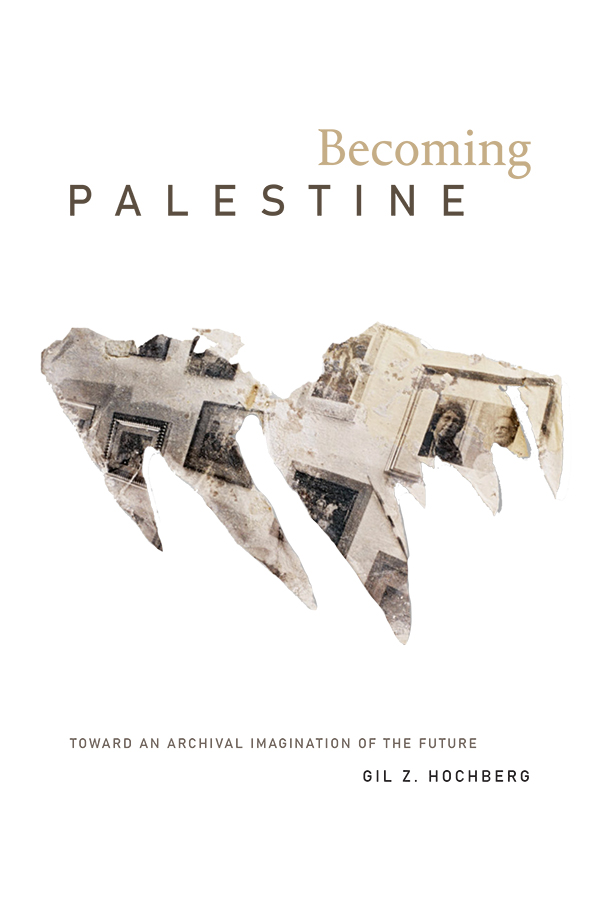Beskrivelse
In Becoming Palestine, Gil Z. Hochberg examines how contemporary Palestinian artists, filmmakers, dancers, and activists use the archive in order to radically imagine Palestine’s future. She shows how artists such as Jumana Manna, Kamal Aljafari, Larissa Sansour, Farah Saleh, Basel Abbas, and Ruanne Abou-Rahme reimagine the archive, approaching it not through the desire to unearth hidden knowledge, but to sever the identification of the archive with the past. In their use of archaeology, musical traditions, and archival film and cinematic footage, these artists imagine a Palestinian future unbounded from colonial space and time. By urging readers to think about archives as a break from history rather than as history’s repository, Hochberg presents a fundamental reconceptualization of the archive’s liberatory potential.
Gil Z. Hochberg is Ransford Professor of Hebrew and Visual Studies, Comparative Literature, and Middle East Studies at Columbia University and author of Visual Occupations: Violence and Visibility in a Conflict Zone, also published by Duke University Press, and In Spite of Partition: Jews, Arabs, and the Limits of Separatist Imagination.
“Becoming Palestine offers a treasure of insights, challenging the reader to keep up with the radically new temporalities and aesthetic forms in which archives are being called upon to carve out a new Palestine, to imagine what its political space might look and feel like. Here archives have become the active sites for conceptualizing alternative futures. Moving with deft nuance through projects realized in video art, dance, essay-film, and performance, Gil Z. Hochberg provides perceptive witness to artistic interventions with ‘phantasmal power’ to reclaim space for these political visions in the making.” — Ann Laura Stoler, author of Duress: Imperial Durabilities in Our Times
“Appearing at a time when interest in Palestinian imaginative culture is higher than it has ever been, Becoming Palestine is a highly original and illuminating study of recent Palestinian creative works unlike any that has been published thus far. It will attract scholars of Israel and Palestine, Palestinian culture, and modern Arab and Middle Eastern art and cinema, and I expect it to be widely read by curators and practitioners throughout the world who work on art that engages with archives and politics.” — Nadia Yaqub, author of Palestinian Cinema in the Days of Revolution



